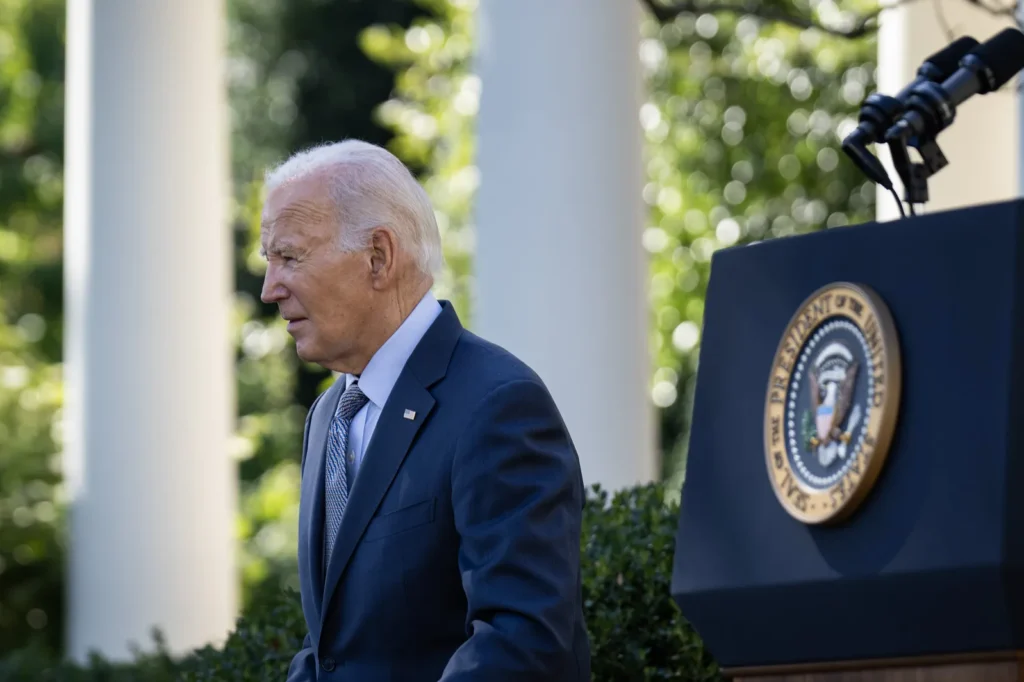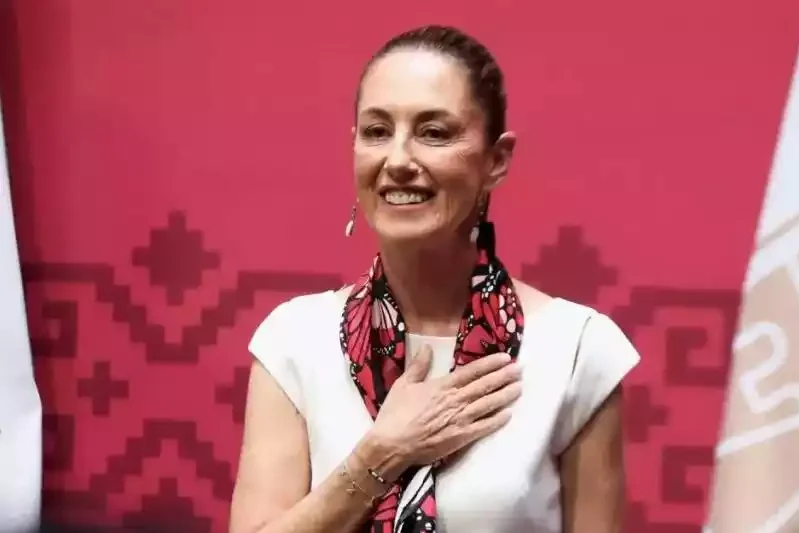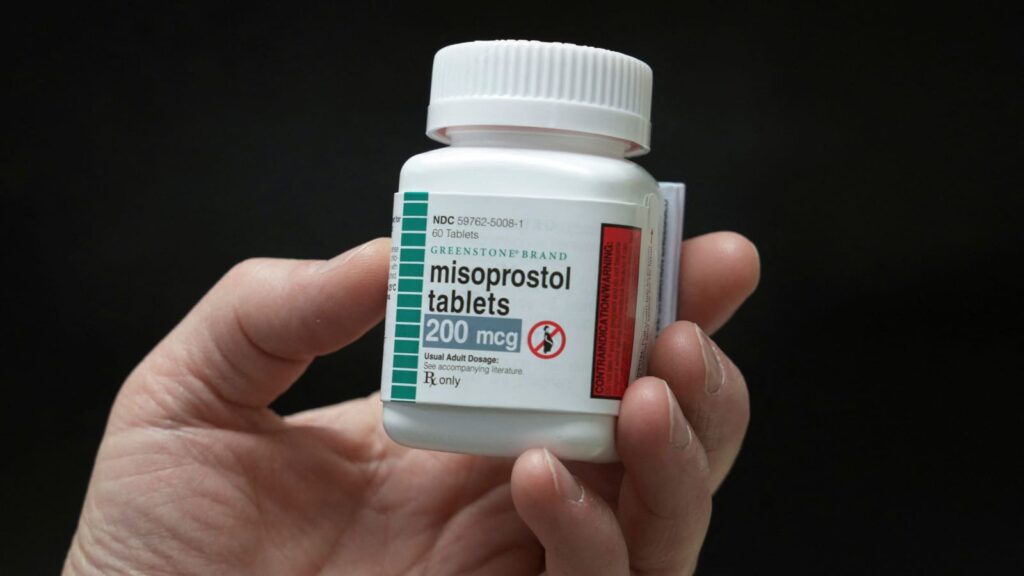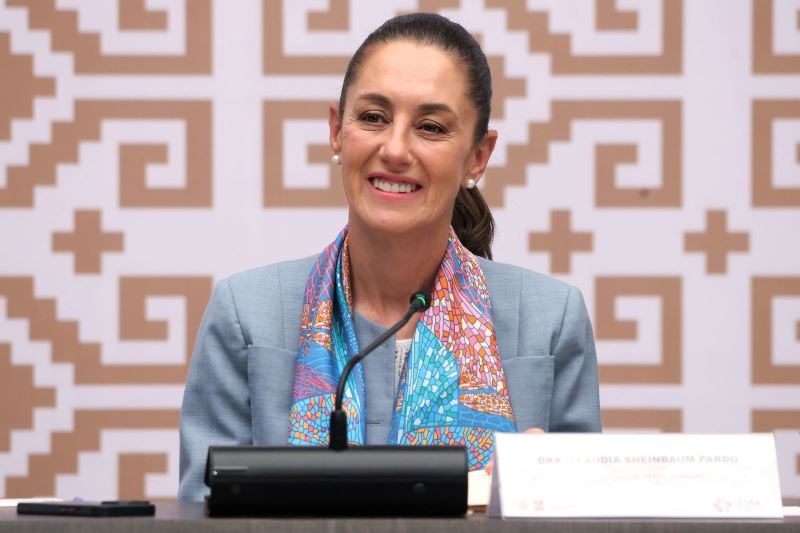Kamala Harris’ food price plan: Right?
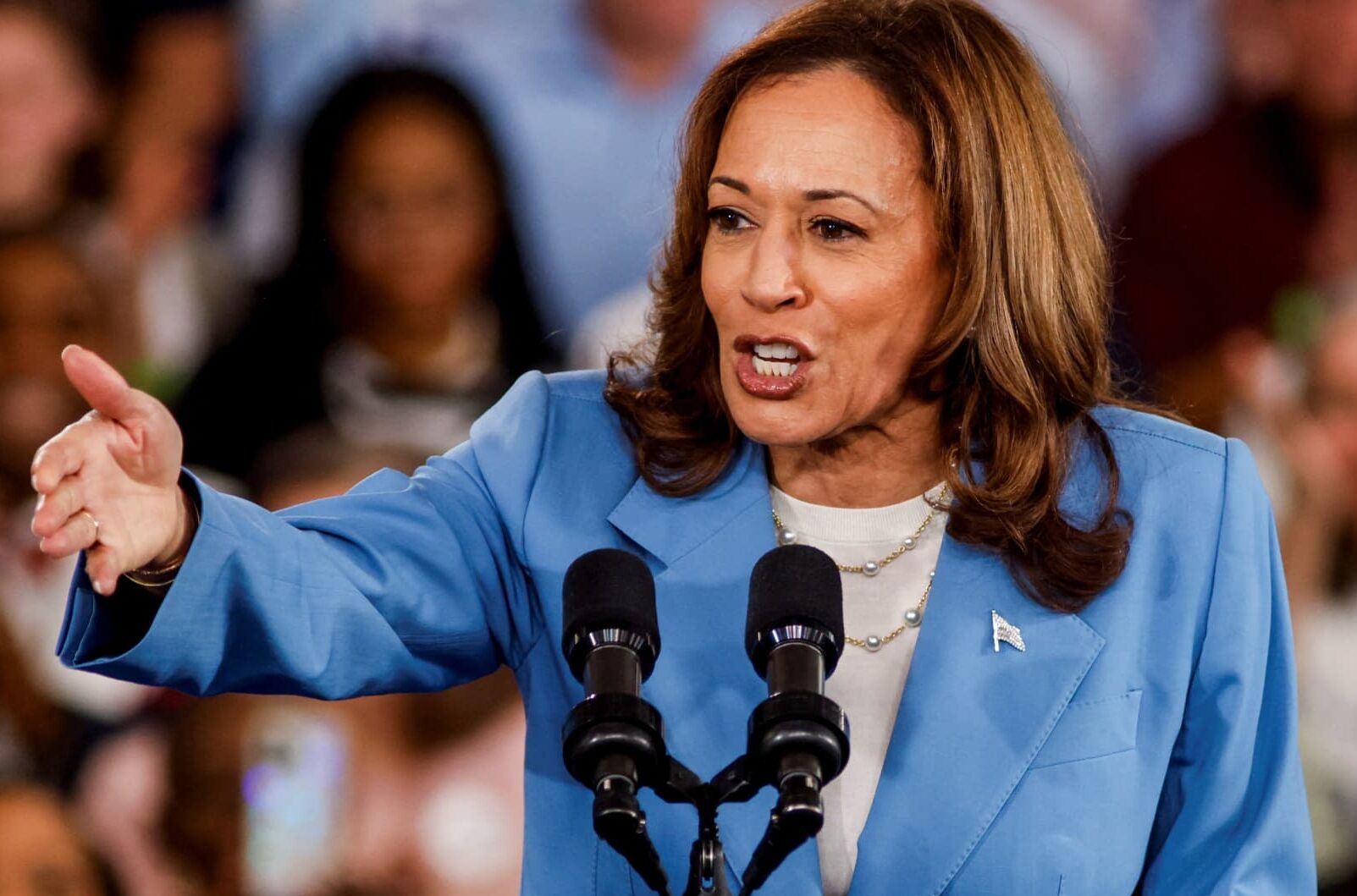
Kamala Harris’ food pricing plan seeks incentives to mitigate rising food prices and out-of-control inflation in some sectors.
Food prices have risen more than 20% under the Biden-Harris administration, leaving many voters wanting to stretch their dollars further at the grocery store.
This Friday, August 16, news broke that Kamala Harris’ food pricing plan a federal ban on predatory pricing across the food industry.
“My plan will include new penalties for opportunistic companies that take advantage of crises and skirt the rules,” Harris said at a campaign rally.
But this Harris plan has a catch: the Harris proposal could create more problems than it intends to solve, some economists say.
Gavin Roberts studied the anti-pricing laws that some states passed during the pandemic. One of the biggest effects he observed, especially in grocery stores, was that these laws motivated people “to go out and buy products more than they would have if prices had gone up.”
When prices are high, in most cases, the best policy action in response is actually to take no action at all, Roberts, chair of the economics department at Weber State University.
So Kamala Harris’ food pricing plan is more of a populist offering, and clearly leaning to the center left.
Read here: Elon Musk’s interview with Donald Trump

Kamala Harris’ food price plan: Critics
Some specialists estimate that this plan would cause consumers who are deterred by, say, high beef prices, to buy another type of meat or protein instead.
Thus, beef would remain on supermarket shelves for those who want it enough to pay higher prices.
And while Harris claims that his proposal “will help the food industry become more competitive,” he says his proposal will “help the food industry become more competitive.
Jason Furman, one of the Obama administration’s top economists, shared Roberts’ view that anti-price-gouging laws could inadvertently hurt consumers.
“It’s not a sensible policy, and I think the biggest hope is that it ends up being a lot of rhetoric and no reality,” he told the New York Times. “There are no advantages here, and there are some disadvantages.”
Instead of pursuing policies against predatory pricing, Roberts recommended that Harris investigate what prevents new parties from entering concentrated sectors.
Kamala Harris’ food pricing plan has many details and she needs to sit down with her advisors and shape it further; so far, it is receiving criticism from specialists.


